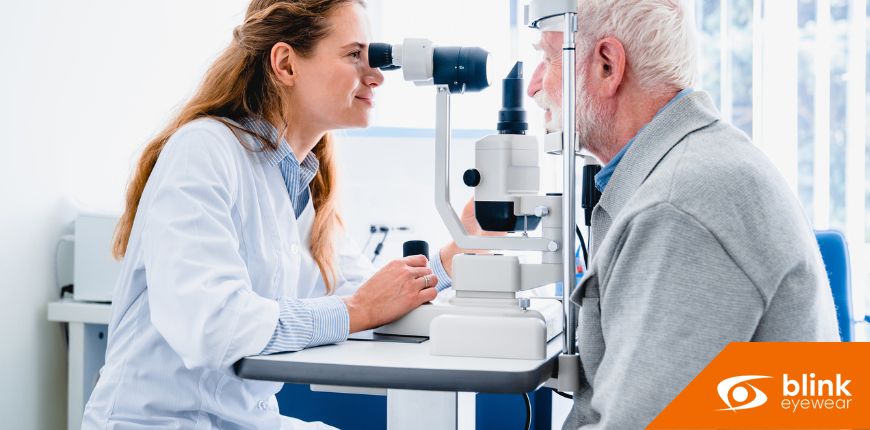
Regular eye exams play a crucial role in the early detection and management of glaucoma, a condition often referred to as the "silent thief of sight" due to its asymptomatic nature in the early stages. These exams are vital for assessing risk factors such as family history, age, and ethnicity, and for utilizing advanced diagnostic tools like tonometry and ophthalmoscopy. Early detection through these comprehensive checks allows for effective intervention and management strategies, significantly improving the prognosis and preventing severe vision loss or blindness. Emphasizing the importance of these regular check-ups is key to maintaining eye health and preserving the quality of life, making them an essential component of routine health care.
In the intricate tapestry of our health, the eyes are often the windows through which early signs of deeper issues can be detected. Among these, glaucoma stands out as a silent thief of sight, often creeping in unnoticed. The key to preventing its damaging effects lies in early detection, and this is where the role of regular eye exams becomes paramount. This article delves into the significance of these examinations in identifying glaucoma in its early stages, thereby preserving the precious gift of sight.
The Stealthy Nature of Glaucoma
Glaucoma is often termed the "silent thief of sight" due to its subtle onset and gradual progression. In its initial stages, glaucoma rarely presents any symptoms, making it difficult to detect without a professional eye exam. By the time an individual notices a loss in vision, the disease might have already caused significant damage. Regular eye exams are crucial as they can detect the early signs of glaucoma, long before any noticeable vision loss occurs. Early detection is key to managing the disease effectively and preventing severe vision loss or blindness.
The Role of Regular Exams in Risk Assessment
Another vital aspect of regular eye exams is risk assessment. Glaucoma can be hereditary, and individuals with a family history of this disease are at a higher risk. Other risk factors include age, ethnicity, and certain medical conditions like diabetes and high blood pressure. During an eye exam, optometrists not only check for signs of glaucoma but also assess these risk factors. This holistic approach enables individuals to understand their risk level and the importance of frequent monitoring, especially if they fall into higher risk categories.
Advanced Diagnostic Techniques in Eye Exams
The advancement in diagnostic technologies has significantly improved the detection of glaucoma. Tools like tonometry, which measures eye pressure, and ophthalmoscopy, which examines the optic nerve, are integral parts of a comprehensive eye exam. These technologies allow for the early detection of changes in the eye that could indicate the onset of glaucoma. By undergoing regular eye exams, individuals benefit from these advanced diagnostic techniques, ensuring any signs of glaucoma are caught early and monitored closely.
The Impact of Early Intervention
When glaucoma is detected early, the options for intervention and management are much more effective. Early-stage glaucoma can often be managed with medications, laser treatments, or surgery, which can halt or slow down the progression of the disease. This early intervention is crucial in preserving vision and quality of life. Regular eye exams ensure that if glaucoma is present, it is caught at a stage where these interventions can be most effective, offering a significantly better prognosis than if the disease is detected at a later stage.
Glaucoma is a formidable opponent in the realm of eye health, but its stealth and potential for damage can be effectively countered with regular eye exams. These exams are not just about vision correction but are a vital health check that can unveil the early signs of glaucoma. By understanding the importance of these regular check-ups and acting on them, we stand a much better chance of preserving our vision and quality of life. Let's not underestimate the power of early detection; let’s make regular eye exams a non-negotiable part of our health routine. Our eyes, the windows to our world, deserve that care and attention.
Written on behalf of Blink Eyewear.